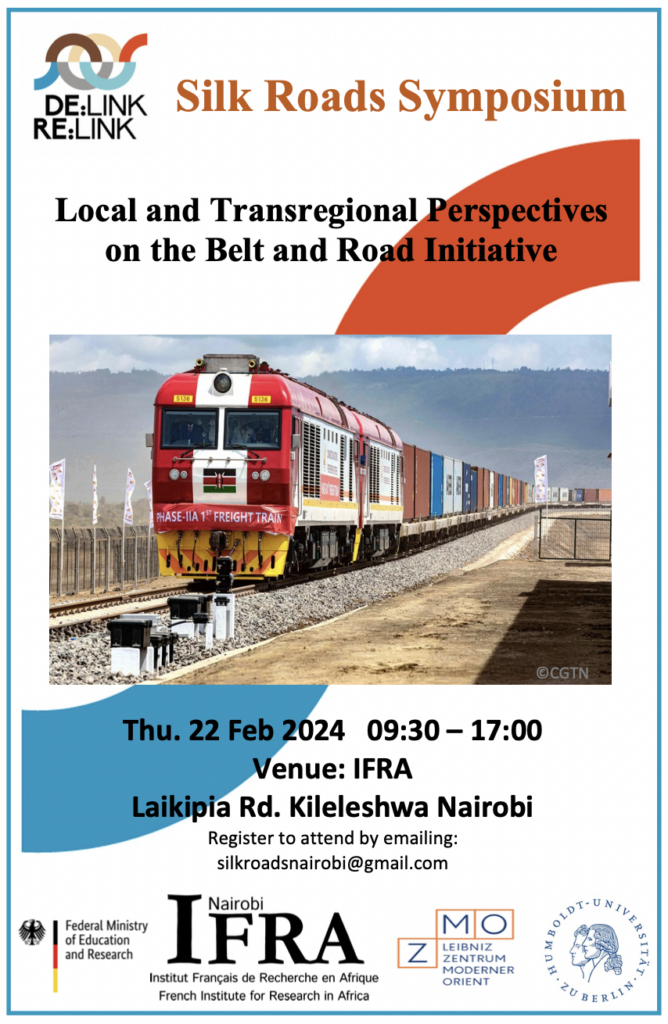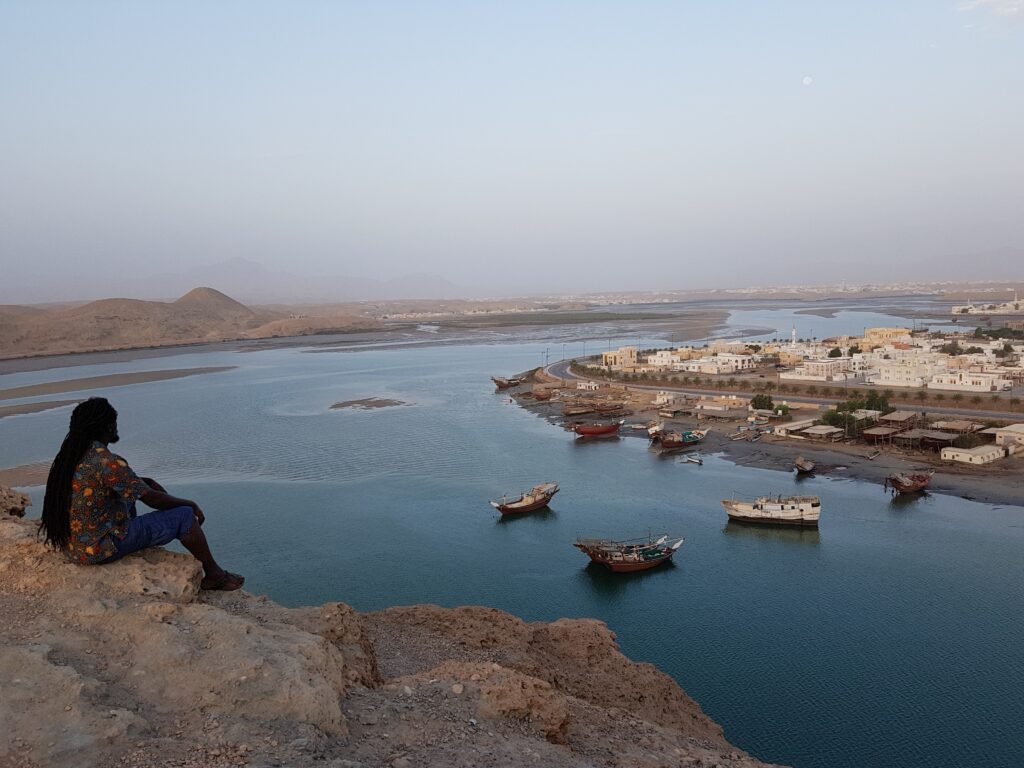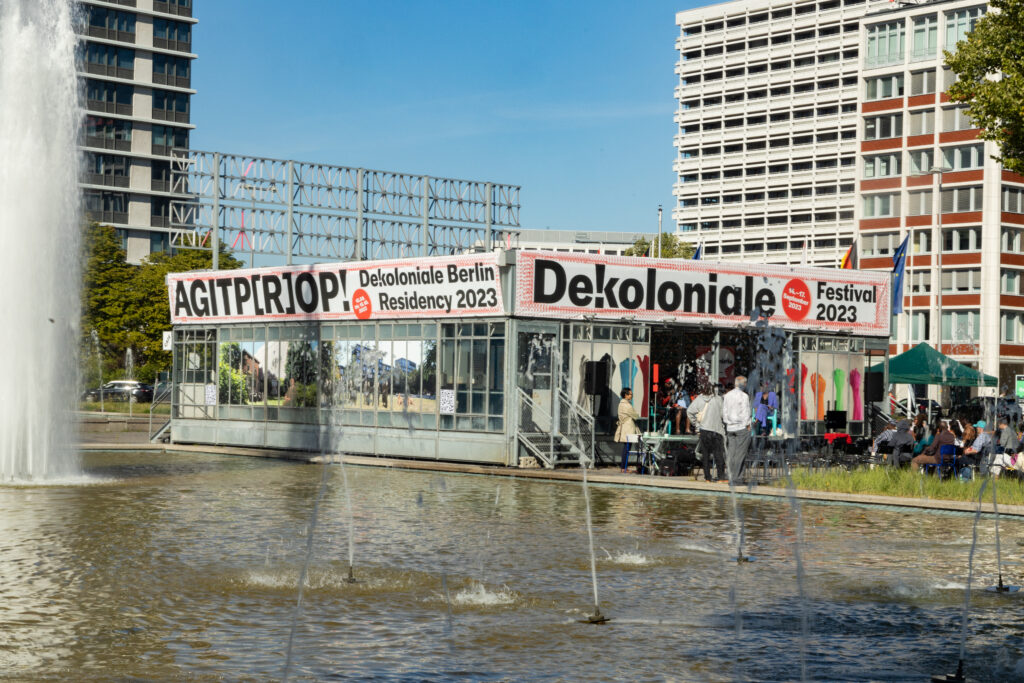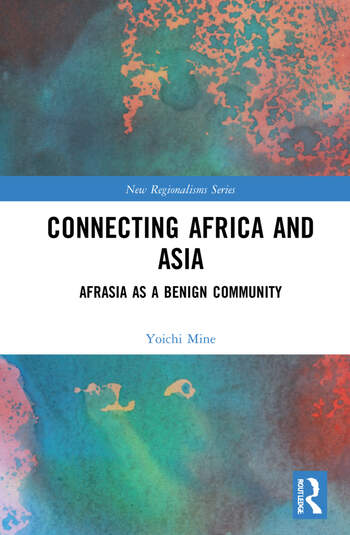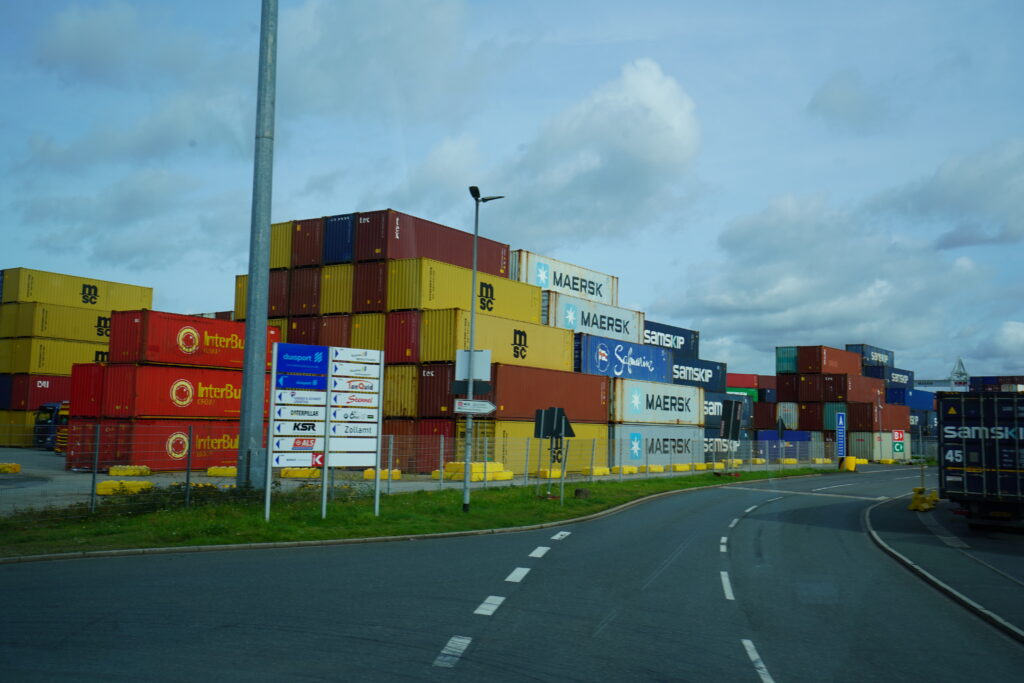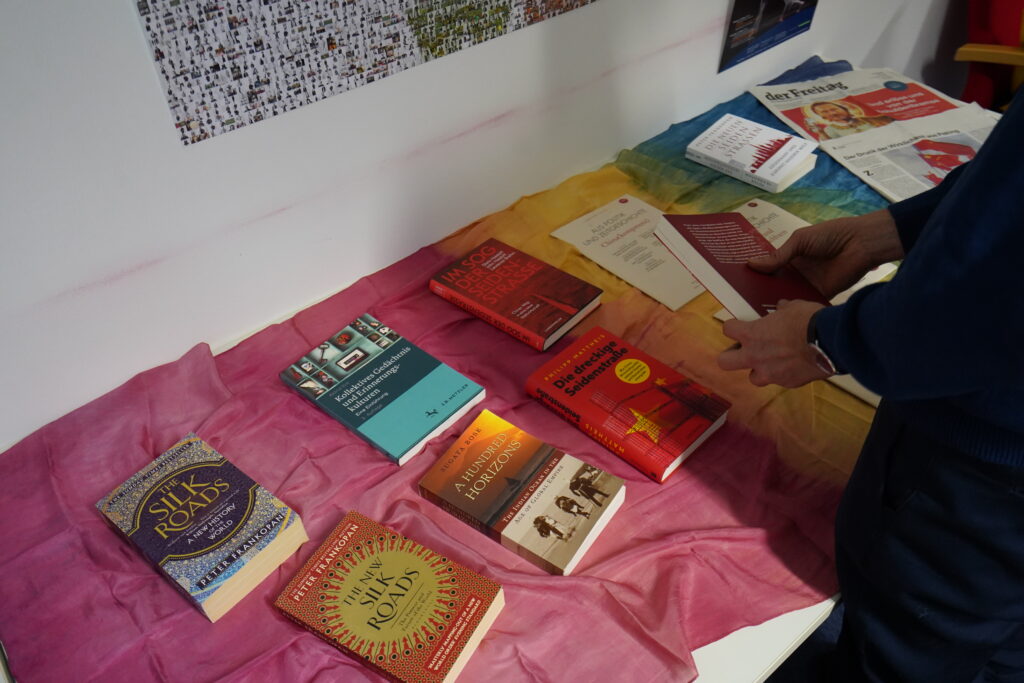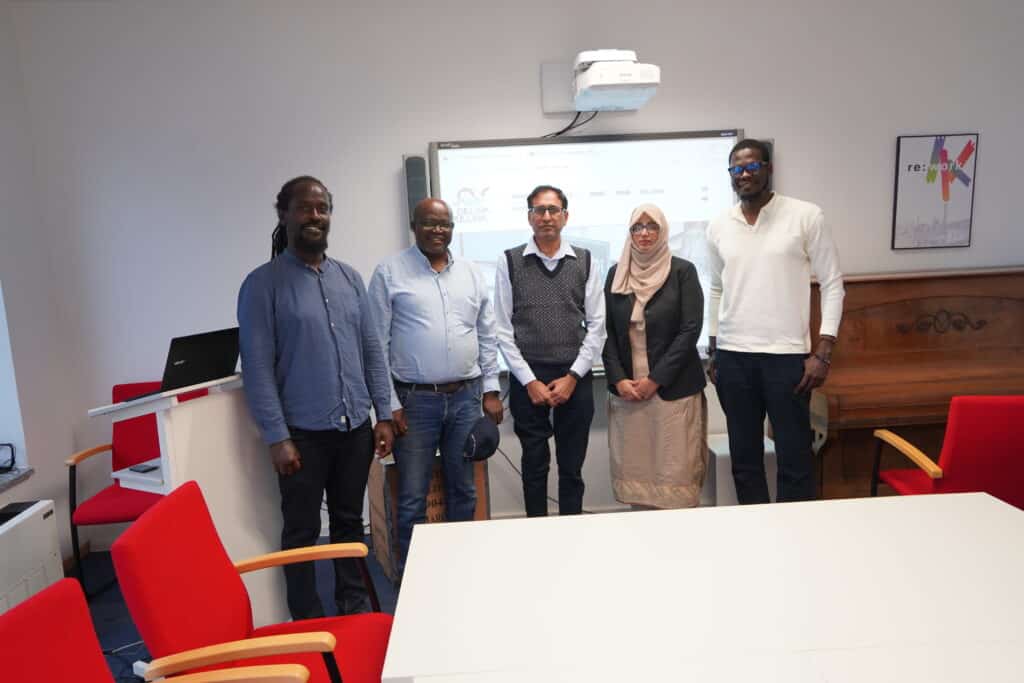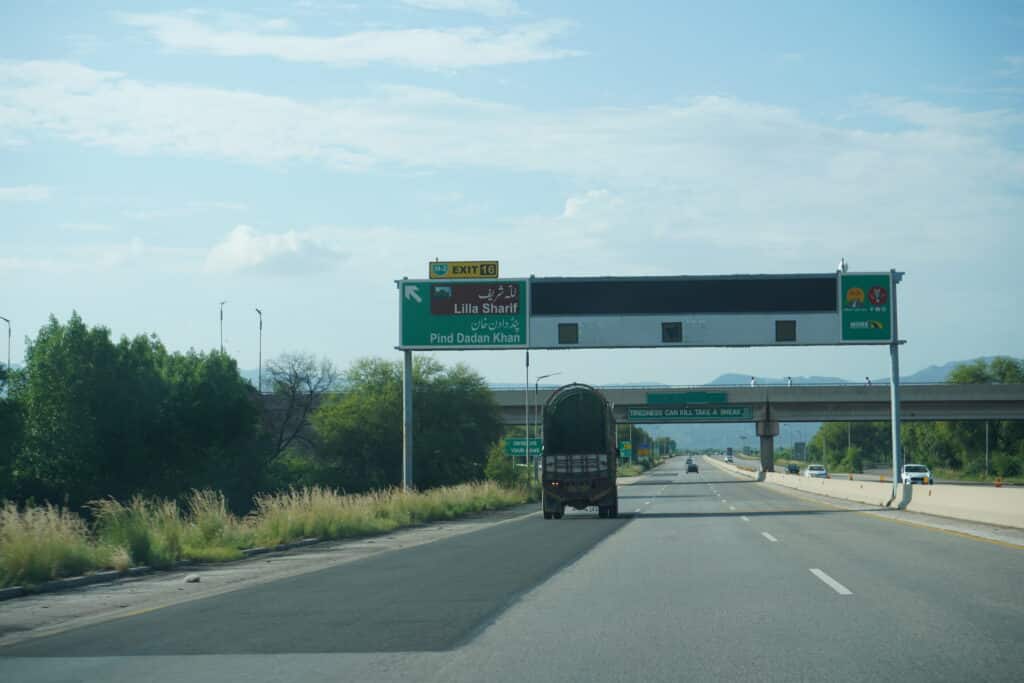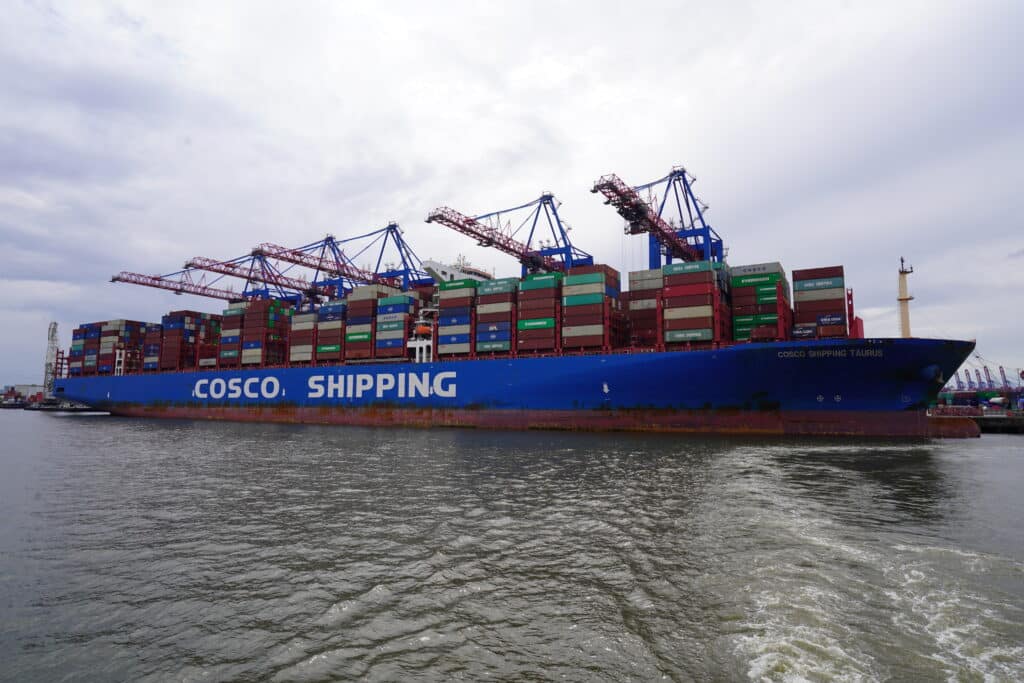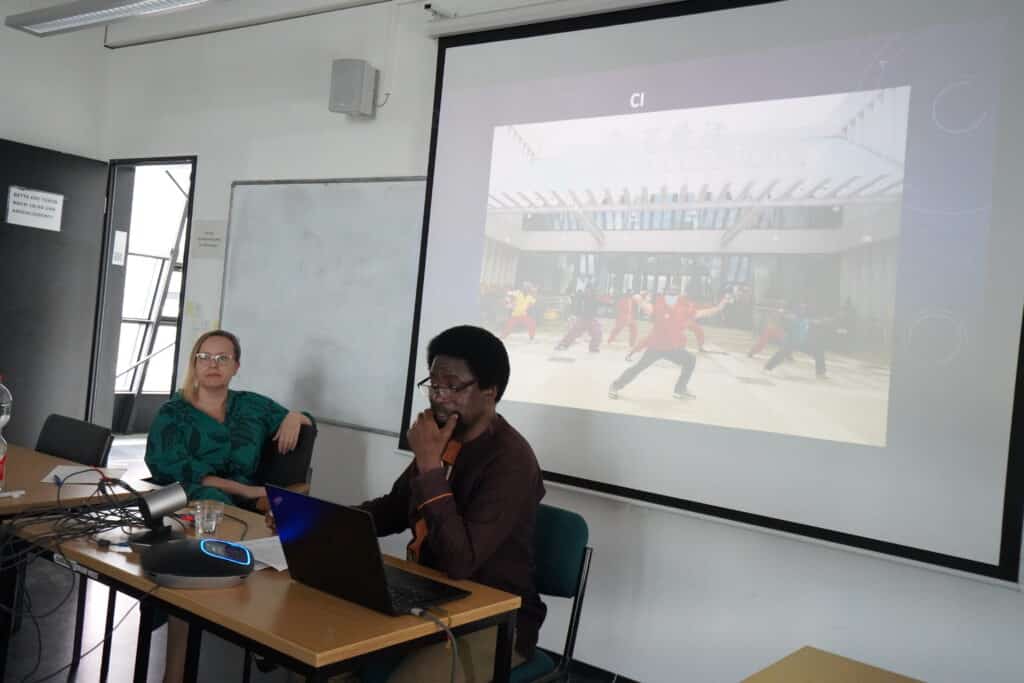INTERNATIONAL SILK ROADS SYMPOSIUM
As China’s Belt and Road Initiative (BRI) forges ahead, it continues to receive exponential media, societal and academic attention globally. Greece’s Piraeus harbor, Kenya’s SGR railway and Sri Lanka’s Hambantota port, amongst others, are often cited in many BRI discussions for diverse reasons. Reactions emanating from these discussions vary, just like the effects of the BRI projects themselves; from very successful outcomes of some; to ambivalent or detrimental effects of others; to comparative debates where BRI projects are compared to other initiatives; to reflections on debt distress amongst participant states. While engaging with notions of “de-linking” and “re-linking” for reflection and exploration of BRI effects and experiences – whereby “link” also stands for drawing from “local insights and new knowledges” – this symposium aims at analyzing current and future BRI perspectives across Asia, Africa and Europe.

